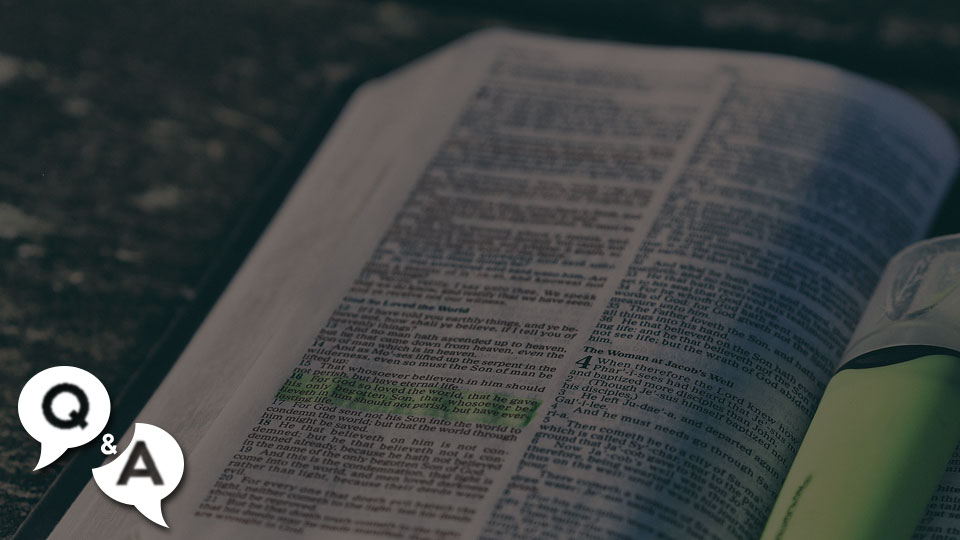Sunday, April 26, 2020
3rd Sunday of Easter
First reading: Acts 2:14, 22–33
Responsorial Psalm: Psalm 16:1–2, 5, 7–8, 9–10, 11
Second reading: 1 Peter 1:17–21
Gospel: Luke 24:13–35
We are still in Easter Season and will be until the day of Pentecost (“fiftieth day” — that is, after the Pasch). This week, we have the story of the two disciples traveling to Emmaus on the afternoon of the day of Jesus’ resurrection (“that very day”). They were disillusioned and disheartened (verse 17). So now, what were they to do?
The disciples indicate by their interaction with the stranger they encounter on the road (“Are you the only [one] who does not know…”] that they were not eyewitnesses of the event, but that the news had been spread abroad, so that in a few hours it had become common knowledge to virtually every inhabitant of the city, and they were simply repeating the news. But the reader already knows who this stranger is, and that the disciples are in for a surprise once they reach their destination.
The disciples attempt to enlighten the stranger about the recent events “concerning Jesus of Nazareth, who was a prophet mighty in deed and word.” And “now is the third day since this happened”: counting from the day of his death since, while they had heard rumors that there was a vision of angels (at the tomb) and that Jesus was alive; rumors that they were inclined to disbelieve as impossible fantasies.
In the same way as they incorrectly imagined the Messiah to be an earthly warrior king who would rid them of their Roman overlords, so also “their eyes were kept from recognizing him,” that very Messiah, as he walked down the road with them, patiently explaining the Scriptures. They were looking with physical vision instead of the spiritual vision needed to see God in his glorified human form.
Jesus joins them as they go along their way. Lord, how great you are, in everything! But you move me even more when you come down to our level, to follow us and to seek us in the hustle and bustle of each day. Lord, grant us a childlike spirit, pure eyes and a clear mind so that we may recognize you when you come without any outward sign of your glory.
The journey ends when they reach the village. The two disciples who, without realizing it, have been deeply stirred by the words and love shown by God made man, are sorry to see him leaving. For Jesus “appeared to be going further” (Luke 24:28). This Lord of ours never forces himself on us. He wants us to turn to him freely, when we begin to grasp the purity of his Love which he has placed in our souls. We have to hold him back (“they constrained him”) and beg him: “Stay with us, for it is towards evening, and the day is now far spent” (Luke 24:29).
That’s just like us — always short on daring, perhaps because we are insincere, or because we feel embarrassed. Deep down, what we are really thinking is: “Stay with us, because our souls are shrouded in darkness and You alone are the light. You alone can satisfy this longing that consumes us.” For “we know full well which among all things fair and honourable is the best — to possess God for ever” (St. Gregory Nazianzen, Epistulae, 212). (Navarre Bible Commentary)
Purity and clarity of vision, in this sense, have nothing to do with the physical eye, but are characteristics of the enlightened soul. They will come to these two only when Jesus breaks the bread at the evening meal. The meal itself becomes, through this symbolic act and the prayer the accompanies it, Jesus himself in another form. This is why his human form disappears to the disciples: it has been replaced by his sacramental form, making the fleshly form redundant. Only the eyes of faith can discern this, but the reality is certain, whether we see it or not.
Jesus therefore proclaims to the disciples: “Was it not necessary that the Christ should suffer these things and [in this way] enter into his glory?” In other words, their assumptions about what the Messiah would do when he came were in error, so how could their conclusions be correct? Now, the bread having been broken [and transformed] and they having partaken of it, their eyes were opened.
This is when they decided to return immediately to Jerusalem — yes, even risking travel by night — to relate their discovery to the others in their group. Thus they begin to understand that all the things that the others had related is true, and everything each one has experienced that day corroborates with that of the others. The Messiah, who was dead, has indeed risen!








